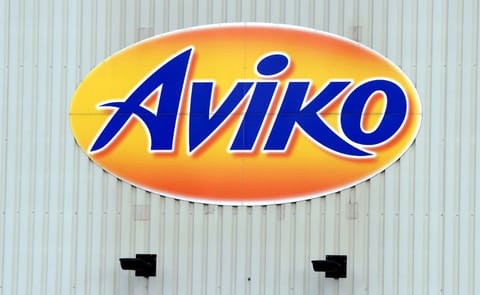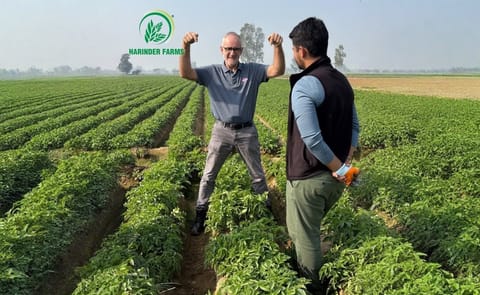PepsiCo is installing an integrated reuse solution from Siemens Industry Automation Division at its snack food production plant in Santiago, Chile.
Pepsico's Snack Food plant in Chile installs Siemens water reuse solution

PepsiCo is installing an integrated reuse solution from Siemens Industry Automation Division at its snack food production plant in Santiago, Chile.
As part of a wastewater treatment plant upgrade, the manufacturing facility is increasing its wastewater treatment capacity by 20% and incorporating environmentally beneficial technologies. The Siemens system will lower fresh water consumption by up to 70%. It is expected to become operational in April 2012.
The integrated solution from Siemens will help eventually reduce the amount of fresh water used in making potato chips and other snack food lines at the Santiago plant by an estimated two-thirds. Water savings will be accomplished by taking the initial water used in production, extracting the impurities and cycling it back into the production systems. Wastewater treated by the Siemens system will be reused in various internal manufacturing processes.

At the heart of the integrated reuse solution, the MemPulse membrane bioreactor (MBR) system from Siemens' Industry Automation Division will separate and treat liquids and solids.
The installation is part of a corporate initiative to help standardize water reuse at PepsiCo facilities throughout South America. At the Santiago facility, most of the wastewater first passes through an extensive starch recovery system and is then screened before it moves on to primary treatment, which includes oil and grease removal. After this stage, it will flow to a MemPulse membrane bioreactor (MBR) system from Siemens that will separate and treat liquids and solids.
Additionally, a remote supervision system will allow MBR performance parameters to be monitored online from Siemens' technology center in Waukesha, Wisconsin, USA. From the MBR, the water will be pretreated before it passes through tertiary treatment, including a reverse-osmosis (RO) system and a Barrier M ultraviolet (UV) disinfection system, both also from Siemens. The integrated reuse solution is more advanced than conventional wastewater treatment processes, producing consistently high-quality effluent in a smaller footprint.
While PepsiCo has used a combination of MBR and RO technologies at a few of its manufacturing facilities throughout Latin America, this marks the first known time the technology combination has been entirely offered by a single manufacturer in South America. Increasingly stringent local regulations, coupled with the company's growing green initiatives, might make using the technology combination in its processes more prevalent in the future.










